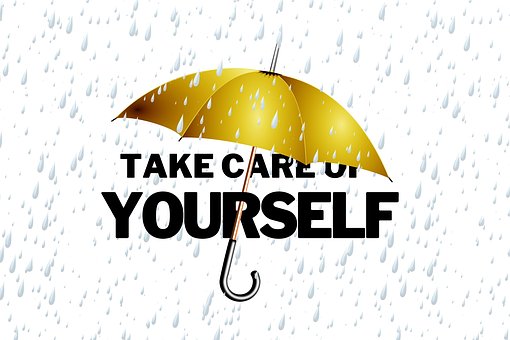Defending Yourself when Sued for Debt
What do you do if you’re sued for debt?
Hiring a lawyer sometimes costs more than just giving up, but how can you know the person suing you has a right to do it? And if they don’t, you might have to pay twice.
This video discusses your options and shows you how you can defend yourself and avoid paying unless you absolutely have to. It isn’t “wrong” to protect yourself. In fact, it’s not good if you don’t. The system usually works if you stand up for yourself, but you will lose for sure if you do not. And one thing is for sure: if you don’t protect yourself, no one else will.
The debt collectors want your money, and there isn’t much they won’t do to get it. Don’t let them.
Defending Yourself and Protecting What’s Yours |
Why You Will (Probably) Win if you Defend Yourself |
A lot of people worry about defending themselves from the debt collector. They’re afraid they’ll have to talk in court and won’t say the right thing, they’re worried they’ll be embarrassed, or they’re worried that the debt collector will have what it needs, and they’ll end up paying more. Actually, none of these things are likely.
Talking in Court
Well, you very well may need to talk in court, at least some, but not as much as you think, and it isn’t as hard as you may imagine either. How can I say that? Because debt law, unlike most other types of law, does not typically involve many, or even any, witnesses. You won’t be called on to make fabulous arguments, either, or go through complicated and amazing thought processes. Most debt cases boil down to just a few issues with only a few arguments. You can make those arguments – helping you do that is why we’re here. Then once that’s done, most of the rest is actually pretty easy and obvious. For a much more detailed discussion of these things, click on the Fast Track link below. That does show you how you can join us, but before that it will tell you much about the process of debt collection (and of course clicking on the article certainly does not obligate you in any way – we’ll never know you did).
You Won’t be Embarrassed
Debt defense is not embarrassing. Again, because the issues are so limited, there won’t be embarrassing questions about your spending habits or whether you owe anybody else money, or anything like that. The questions will be limited almost completely to whether they own the debt and whether the evidence they’re trying to use is “admissible” (allowed in the case). There aren’t many arguments to be made, and we show people how to make them.
Collectors Rarely Have What they Need
Debt collectors rarely DO have the evidence they need in a form that is legitimate, and you can usually keep them from getting it “into evidence.” That means you should win the case. If you don’t, though, the fact that you defended yourself will almost certainly not affect what you owe. That’s because the debt collectors normally ask for attorney’s fees – if they’re going to – in the petition. They have a specific amount in mind, and they plan to try to get that whether or not you defend yourself. So you have nothing to lose by trying to defend yourself in that situation. If you lose, you’ll just pay what you would have if you hadn’t defended, but if you win – as you should – you won’t pay anything at all.
Some Good News
Our mission is to protect people from the debt collection process. If you are being sued by debt collectors, or if you are being harassed for money, you need to take action to defend what’s yours. For much more information on defending yourself, go to Fast Track to Debt Defense.






